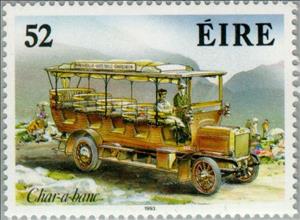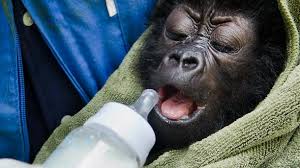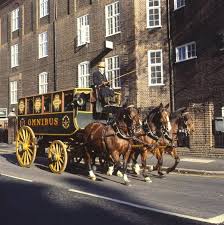Stamp: Char-a-banc (Ireland 1993)
Char-a-banc (Ireland 1993)
12 October (Ireland ) within release Buses goes into circulation Stamp Char-a-banc face value 52 Irish penny
| Stamp Char-a-banc in catalogues | |
|---|---|
| Michel: | Mi:IE 838A |
Stamp is horizontal format.
Also in the issue Buses:
- Stamp - GNR Gardner face value 28;
- Stamp - CIE Leyland Titan face value 32;
- Stamp - Horse Drawn Omnibus face value 52;
- Stamp - Char-a-banc face value 52;
Stamp Char-a-banc it reflects the thematic directions:
A vehicle (from Latin: vehiculum) is a mobile machine that transports people or cargo. Typical vehicles include wagons, bicycles, motor vehicles (motorcycles, trucks, buses), railed vehicles (trains, trams), watercraft (ships, boats), aircraft and spacecraft. Land vehicles are classified broadly by what is used to apply steering and drive forces against the ground: wheeled, tracked, railed or skied. ISO 3833-1977 is the standard, also internationally used in legislation, for road vehicles types, terms and definitions.
Mammals are any vertebrates within the class Mammalia (/məˈmeɪli.ə/ from Latin mamma "breast"), a clade of endothermic amniotes distinguished from reptiles (including birds) by the possession of a neocortex (a region of the brain), hair, three middle ear bones and mammary glands. All female mammals nurse their young with milk, secreted from the mammary glands. Mammals include the largest animals on the planet, the great whales. The basic body type is a terrestrial quadruped, but some mammals are adapted for life at sea, in the air, in trees, underground or on two legs. The largest group of mammals, the placentals, have a placenta, which enables the feeding of the fetus during gestation. Mammals range in size from the 30–40 mm (1.2–1.6 in) bumblebee bat to the 30-meter (98 ft) blue whale. With the exception of the five species of monotreme (egg-laying mammals), all modern mammals give birth to live young. Most mammals, including the six most species-rich orders, belong to the placental group. The largest orders are the rodents, bats and Soricomorpha (shrews and allies). The next three biggest orders, depending on the biological classification scheme used, are the Primates (apes and monkeys), the Cetartiodactyla (whales and even-toed ungulates), and the Carnivora (cats, dogs, seals, and allies).
A car is a wheeled, self-powered motor vehicle used for transportation and a product of the automotive industry. Most definitions of the term specify that cars are designed to run primarily on roads, to have seating for one to eight people, to typically have four wheels with tyres, and to be constructed principally for the transport of people rather than goods. The year 1886 is regarded as the birth year of the modern car. In that year, German inventor Karl Benz built the Benz Patent-Motorwagen. Cars did not become widely available until the early 20th century. One of the first cars that was accessible to the masses was the 1908 Model T, an American car manufactured by the Ford Motor Company. Cars were rapidly adopted in the United States of America, where they replaced animal-drawn carriages and carts, but took much longer to be accepted in Western Europe and other parts of the world.
The domestic dog (Canis lupus familiaris or Canis familiaris) is a member of genus Canis (canines) that forms part of the wolf-like canids, and is the most widely abundant carnivore. The dog and the extant gray wolf are sister taxa, with modern wolves not closely related to the wolves that were first domesticated. The dog was the first domesticated species and has been selectively bred over millennia for various behaviors, sensory capabilities, and physical attributes. Their long association with humans has led dogs to be uniquely attuned to human behavior and they are able to thrive on a starch-rich diet that would be inadequate for other canid species. Dogs vary widely in shape, size and colours. Dogs perform many roles for people, such as hunting, herding, pulling loads, protection, assisting police and military, companionship and, more recently, aiding handicapped individuals. This influence on human society has given them the sobriquet "man's best friend".
Omnibus is a 1992 French short comedy film directed by Sam Karmann. It won an Oscar in 1993 for Best Short Subject and it won the Short Film Palme d'Or at the 1992 Cannes Film Festival.
Animals are multicellular, eukaryotic organisms of the kingdom Animalia (also called Metazoa). All animals are motile, meaning they can move spontaneously and independently, at some point in their lives. Their body plan eventually becomes fixed as they develop, although some undergo a process of metamorphosis later on in their lives. All animals are heterotrophs: they must ingest other organisms or their products for sustenance.






